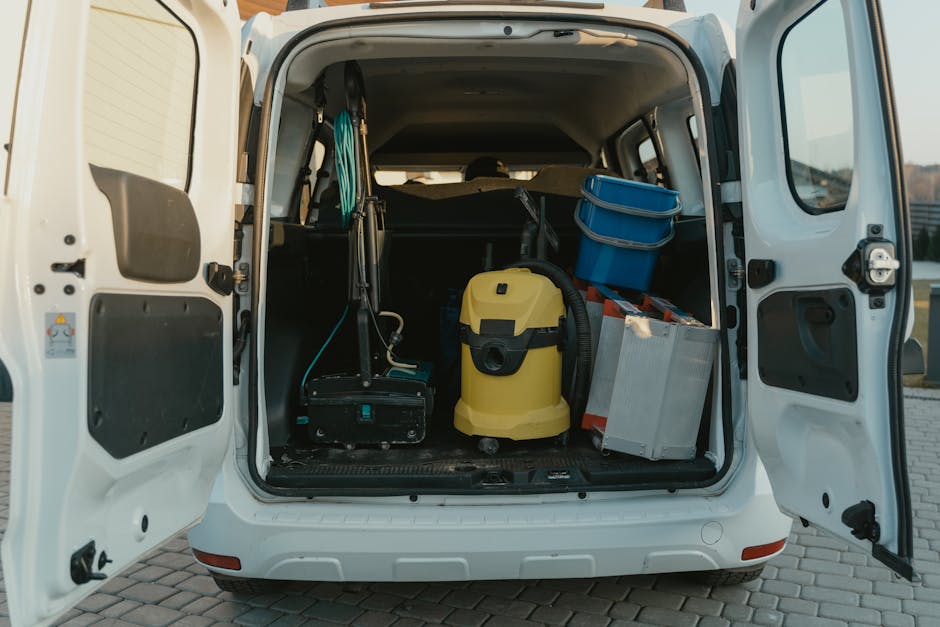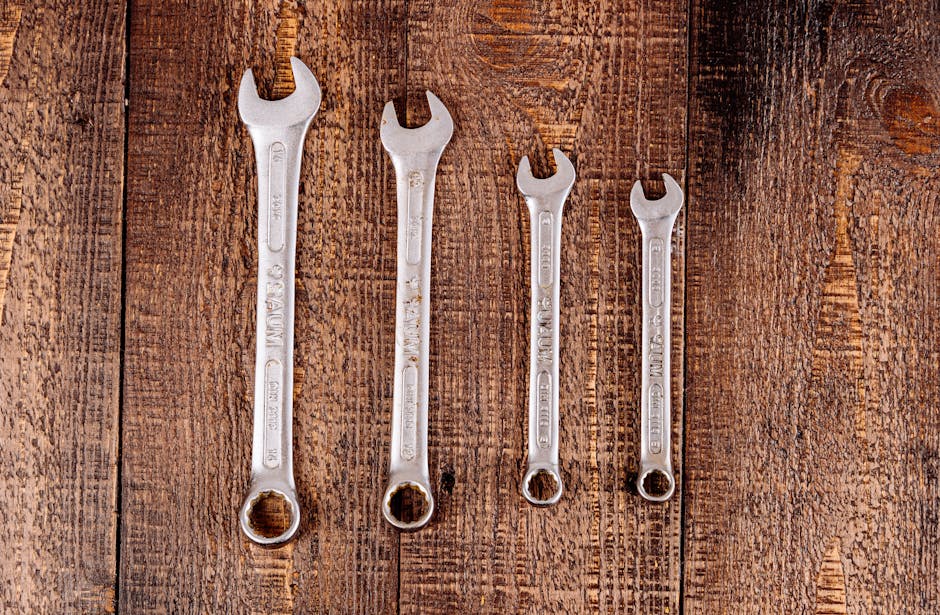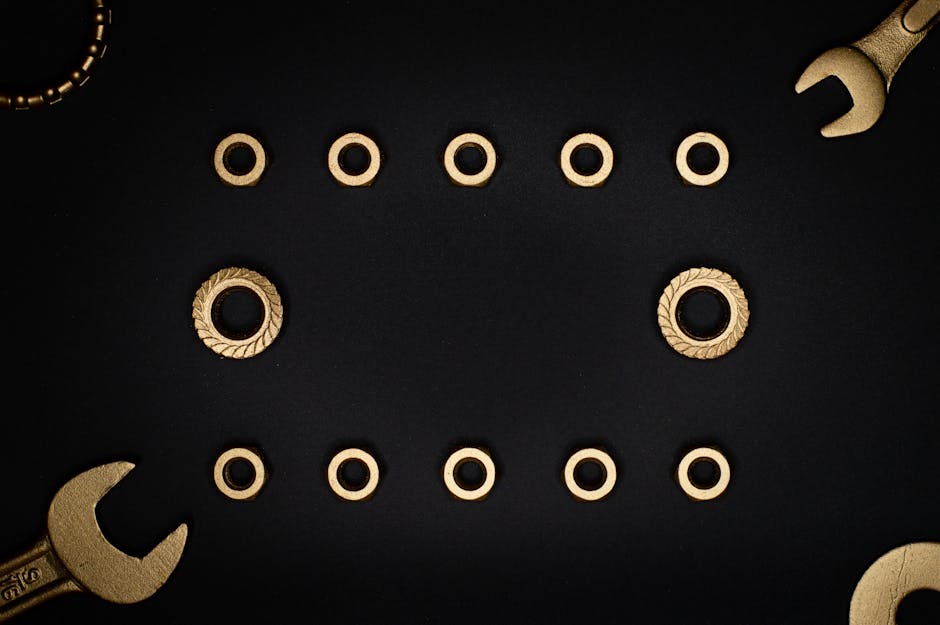The Best Tools for Home Car Maintenance
Did you know that regular car maintenance can extend the life of your vehicle? With the right tools, you can keep your car running smoothly without always heading to a mechanic. In this guide, we will explore the best tools for home car maintenance, giving you everything you need to handle simple tasks and repairs.
Why Is Car Maintenance Important?

Car maintenance isn’t just about keeping your vehicle looking good. It ensures safety on the road and improves gas mileage. According to the Car Care Council, regular maintenance can save you hundreds of dollars in repairs down the line. But what tools do you actually need?
What Are the Essential Tools for Home Car Maintenance?

Lets break it down. Here are the must-have tools for any car owner:
- Wrenches: Perfect for loosening and tightening bolts.
- Sockets: A socket set helps access hard-to-reach places.
- Jack and Jack Stands: Essential for lifting your car safely.
- Oil Filter Wrench: Makes oil changes a breeze.
- Tire Pressure Gauge: Keeps your tires inflated to the right level.
- Multimeter: Great for electrical issues.
- Shop Manual: Your cars manual is invaluable for guidance.
These tools form the backbone of your home garage. Now, lets take a closer look at each item.
How Do Wrenches and Sockets Help?

Wrenches come in various sizes. They let you tackle bolts easily. A socket set, on the other hand, fits over the bolt and provides more torque. This means less effort for you!
Example: If you need to replace a battery, a socket set can quickly remove the battery terminals. it’s a simple job that anyone can do!
Why Do You Need a Jack and Jack Stands?

A jack allows you to lift your car off the ground. Jack stands then secure your vehicle in place. This is crucial when changing tires or working underneath the car.
Always remember: safety first! Never work under a car that’s only held up by a jack alone.
How Important Is an Oil Filter Wrench?
Changing your oil is one of the simplest maintenance tasks. An oil filter wrench makes this job much easier. It grips the filter firmly, allowing you to twist it off without straining.
Example: Imagine trying to open a stuck jar lid. An oil filter wrench is like that extra grip you need!
What Role Does a Tire Pressure Gauge Play?
Keeping your tires properly inflated improves fuel efficiency and safety. A tire pressure gauge is a simple tool that checks the air pressure in your tires. Most cars have a recommended pressure level, usually found on the drivers side door jamb.
- Under-inflated tires can cause poor handling.
- Over-inflated tires can lead to blowouts.
Keeping an eye on tire pressure can save you money on gas and repairs.
Why Use a Multimeter for Electrical Issues?
If your car won’t start or you have electrical problems, a multimeter can help diagnose the issue. It measures voltage, current, and resistance in electrical components.
Example: When your dashboard lights flicker, a multimeter can help you find out if there’s a short in the wiring.
Where Can You Find a Shop Manual?
Your cars shop manual provides step-by-step instructions for repairs and maintenance. You can usually find one online for free or purchase one specifically for your vehicle model.
This manual is your best friend. It holds all the secrets to keeping your car in top shape.
What Optional Tools Could Enhance Your Maintenance Skills?
While the basic tools are essential, a few extras can make your life easier. Consider these:
- Torque Wrench: Perfect for ensuring bolts are tightened to the correct specification.
- Creeper: A padded platform helps you slide under your vehicle comfortably.
- Brake Bleeder Kit: Useful for maintaining your brake system.
- Fuel Pressure Gauge: Helps diagnose fuel delivery issues.
These tools can streamline your repair process and enhance your skills.
Where Should You Store Your Tools?
Keeping your tools organized is essential. A tool chest or toolbox keeps everything in one place. Clearly label your tools so you can find what you need quickly.
Example: Searching for a wrench can be frustrating if you have a messy garage. An organized space saves you time!
What About Maintenance Schedules?
Creating a maintenance schedule can help you stay on track. Regular checks can prevent larger issues. Heres a simple guide:
- Check oil levels every month.
- Inspect tire pressure bi-weekly.
- Rotate tires every 5,000 miles.
- Replace air filters every 12,000 miles.
Staying proactive can save you both time and money.
What Are Common Car Maintenance Myths?
Lets debunk some common car maintenance myths:
- Myth: You need to change your oil every 3,000 miles.
- Truth: Many modern engines can go 5,000 to 7,500 miles between changes.
- Myth: Premium fuel is always better.
- Truth: Most cars run fine on regular fuel unless specified otherwise.
Understanding the facts can help you make better decisions about your vehicle.
What Are the Benefits of DIY Car Maintenance?
Taking care of your car at home comes with several benefits:
- Cost Savings: You save money on labor costs.
- Learning Experience: You gain knowledge about your vehicle.
- Flexibility: You can maintain your car on your schedule.
Plus, theres satisfaction in knowing you did the work yourself!
Where Can You Find More Resources?
For more information on car maintenance, consider checking out the Car Care Councils website. They offer great resources and tips for car owners. You can also explore local workshops or online videos to learn visually.
For a deeper dive into tire maintenance, check out our article on Essential Tire Care Tips.
What Are Your Next Steps?
Now that you know the best tools for home car maintenance, it’s time to take action. Start by gathering your essential tools, and consider investing in a few optional ones. Create a maintenance schedule, and dive into learning about your vehicle.
Whether you’re changing your oil or rotating your tires, these skills will pay off. Regular maintenance not only keeps your car running smoothly but also ensures your safety on the road.
So why wait? Get started today!

